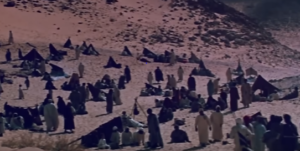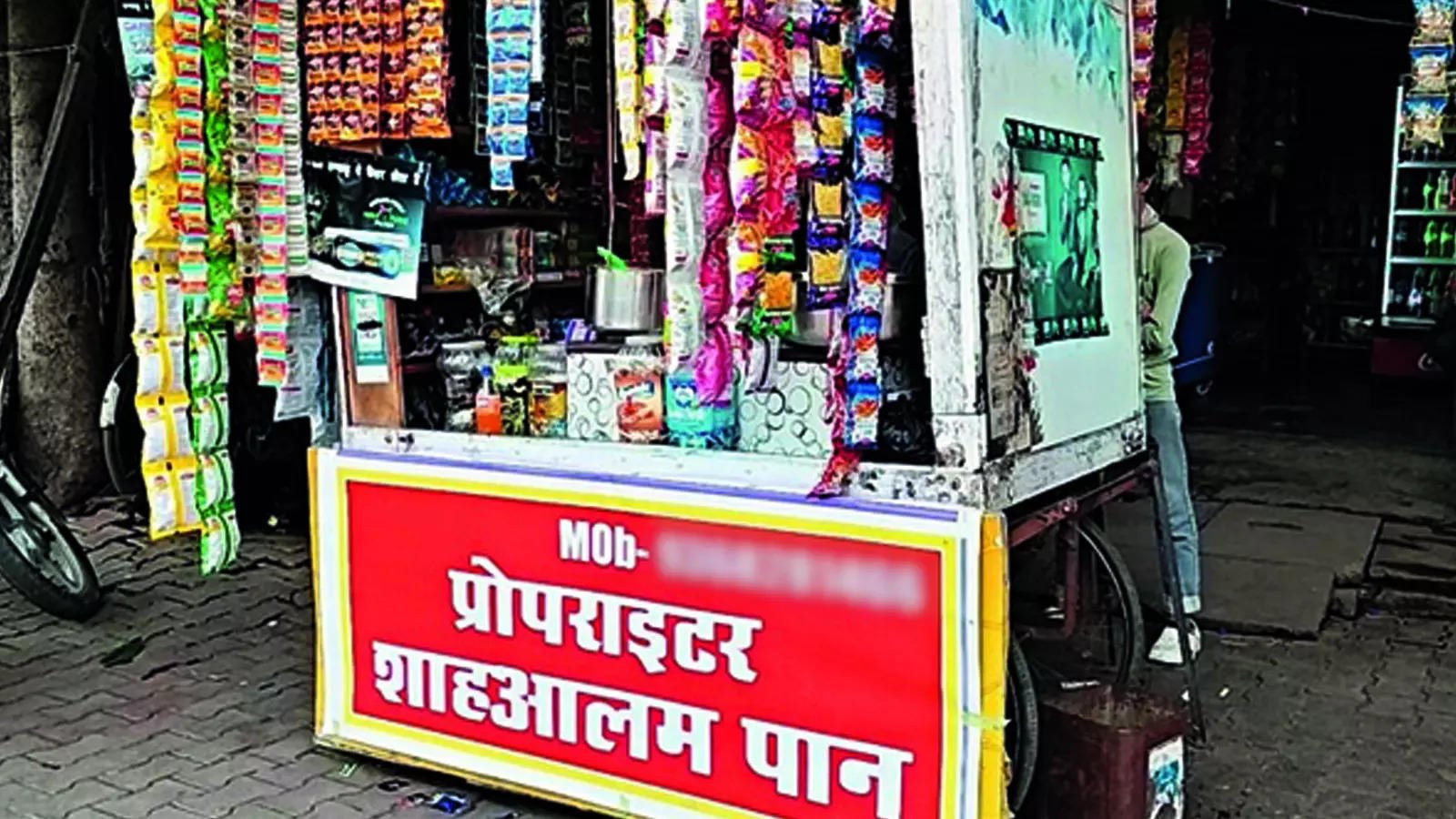– Maaz Ahmed Javed (M.A. Political Science JMI)
A few days ago, the UP government issued an order regarding the ‘Kanwar Yatra’. According to this order, all shopkeepers and vendors along the route of the Kanwar Yatra must display their names outside their shops. Critics have called this action communal, suggesting that its purpose is to prevent Kanwariyas from buying goods from Muslim shopkeepers, thus economically boycotting them and fostering religious hatred for political gains. Although there is nothing surprising in this order that it should make headlines, in a country where the lives, property, dignity, religion, places of worship, educational institutions, and even the basic citizenship rights of Muslims are targeted, there’s no reason to be astonished at the issuance of such an order. Government, semi-government, and private institutions are almost all equally complicit in this process. Sadly, instead of addressing these issues seriously, Muslim scholars and intellectuals are diverting the community’s attention with trivial matters. The recent behavior of community leaders during the elections is a cause for mourning. Muslims projected that making the ‘alliance’ win was a matter of faith during the elections, but now it is clear to everyone what their real character is. This cunning group of politicians now hesitate even to mention Muslims. There is a need to abandon such false messiahs and find a strong support system. For this, it is necessary for us to get to the root of the problem.

Supreme Court stayed UP Government’s order to display the names of the shop owners. But is it a real issue?
The history of communalism in India spans over a hundred years. Before the British, during the Muslim rule, it was rare to hear of any communal behavior from a Muslim ruler because Islam does not favor ignorant communalism. However, if principle conflicts arise after the propagation of truth, Islamic teachings mandate confronting falsehood. The British and conspiratorial Brahmins began misleading the masses by exploiting some policies of Muslim rulers, leading to widespread Hindu-Muslim riots. As a result, on the basis of ignorant nationalism, Hindus and Muslims became very distant from each other. Since the partition, this gap has only widened. Although the behavior of past governments have been inappropriate in this regard, the current government has openly declared its agenda and is actively working to implement it. The point to ponder is who benefits from this entire situation. Who wants Muslims to be targeted, economically and politically crippled, and marginalized to the extent that the general public starts viewing them as untouchables?
Looking at the life of the Prophet Muhammad (PBUH), we find that when the polytheists of Mecca had used all tactics against Muslims and failed to subdue them, they resorted to social boycott and confined the Muslims to a valley in Mecca for three years. The Prophet (PBUH) himself stated that these days were the hardest on him and his companions. Conditions became so dire that the besieged had to eat tree leaves, and when the leaves were exhausted, they had to go hungry for days. The polytheists thought that by these means, they could harass a large Muslim population so much that they would become insignificant in society and never again work for the propagation of the faith. This example illustrates that historically, falsehood has used the tactic of social and economic boycott against the followers of the true faith. Centuries have passed, but the nature of falsehood remains the same. The point to ponder is that why falsehood uses such trivial tactics to suppress the truth.
 Muslims were persecuted in the Valley of Abu Talib in Mecca even during the Prophet’s (PBUH) time
Muslims were persecuted in the Valley of Abu Talib in Mecca even during the Prophet’s (PBUH) time
A fundamental fact about truth and falsehood is that they cannot mix. They cannot even coexist, let alone merge into one another. Whenever someone tried to blend the two under false slogans like ‘Ganga Jamuni Tehzeeb’, a new form of falsehood emerged. Therefore, whenever the truth fully manifests, falsehood has no choice but to flee because it has no foundation. It is like debris, whereas the truth is like a robust tree with deep roots in the ground and branches spreading in the sky, constantly bearing fruit by Allah’s permission. Hence, no matter how much falsehood tries, it cannot suppress or subdue the truth. A hadith states, “Islam is to be dominant and not to be dominated.” Falsehood tries its best to ensure that neither the truth nor the people of truth come to the fore and that humanity cannot benefit from their message because if that happens, the truth has the power to easily win hearts. Falsehood also trembles internally, knowing well the moral superiority of the truth. It knows that the declaration of “There is no god but Allah” prevails in all seasons. In such circumstances, instead of despairing at the increasing oppression of falsehood, we need to take inspiration from the thin stream of water that carves a path even through the hardest rocks. Therefore, instead of raising a hue and cry over such petty actions, we should continue to do our part.

